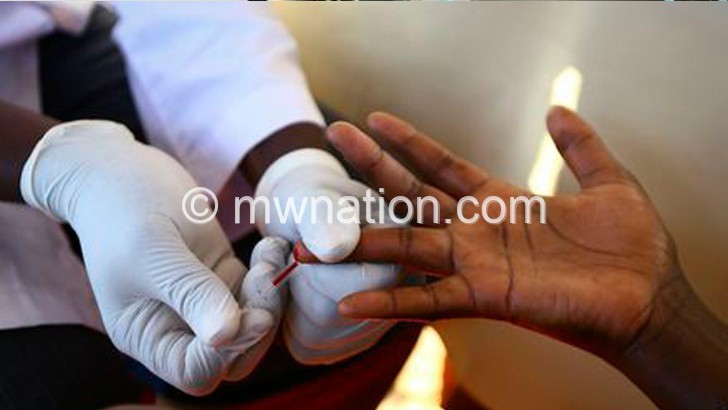Malawi set to end Aids by 2030
Malawi has been named among six locations in the world that have registered a dramatic reduction in human immuno-deficiency virus (HIV) incidence and mortality through crucial policy changes and are set to end Aids by 2030.
International Aids Society (IAS)—in collaboration with Amfar Institute for HIV Cure Research and Friends of the Global Fight Against Aids, Tuberculosis and Malaria—said this in a report at a press conference on HIV Science 2019 held in Mexico City, Mexico.

The report highlights achievements registered in six locations, namely London in the United Kingdom, Malawi, New South Wales in Australia, Rakai in Uganda, San Francisco in USA and Thailand. It said the achievements translate to progress towards ending the Aids epidemic and demonstrate the gains that can be realised on a global scale.
In its report, Aids Vaccine Advisory Coalition (Avac) singled out some policies, including campaigns to encourage HIV testing particularly among groups most affected, free and easy access to treatment at diagnosis with HIV regardless of CD4 level.
The report also mentions scaling-up of evidence-based HIV prevention such as voluntary medical male circumcision, pre-exposure prophylaxis and harm reduction and concerted efforts to provide human rights-based services and social supports alongside programmes to fight stigma and discrimination, ideally in the context of broad health care access, as other contributing factors to the success story.
In an interview on Tuesday, Ministry of Health chief of health services Dr. Charles Mwansambo confirmed that Malawi was on the path to end Aids.
He said it was an exciting progress which the country should guard jealously.
Mwansambo said that as of March 2018, Malawi had managed to test 91 percent of the population suspected to be HIV positive and that about 86 percent of those tested and found HIV positive have been put on treatment. He said 90 percent of those on treatment have shown signs of viral load suppression.
“This means that out of almost one million Malawians that are living with HIV, by end of March 2018, an estimated 750 000 people were on treatment, out of whom 86 percent have had their viral load suppressed, thereby reducing the risk of transmitting HIV to their sexual partners or from mother to child.
“We see progress towards 90:90:90 which was set by UNAids. However, the progress we have made will not be sustained if we continue to have new HIV infections which are estimated at almost 38 000 in 2019. We need to jealously guard our success,” he said.
Mwansambo said government and its partners need to ensure that more people undergo HIV testing by conducting targeted HIV testing, especially for high risk populations, including the youth.
He said: “This means we have to work hard to get the remaining around 300 000 HIV positive people on treatment.”
Avac Africa regional advocacy adviser Maureen Luba informed the Advocates’ Network that with 91 percent of people who are aware of their status on HIV treatment, Malawi is beginning to show progress on the way to ending the epidemic.





